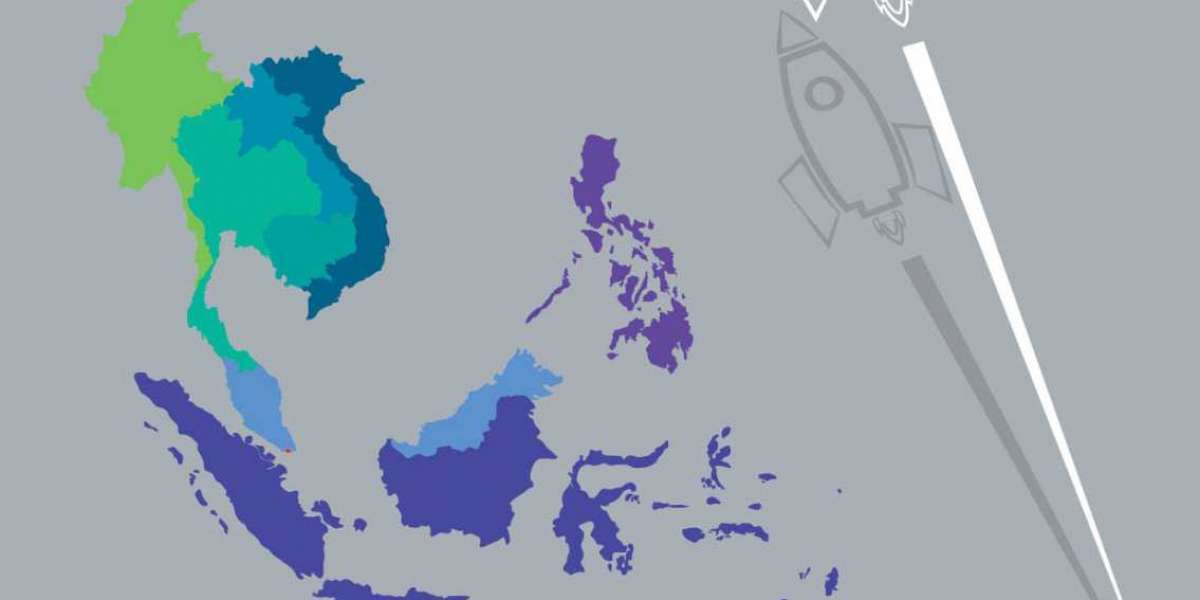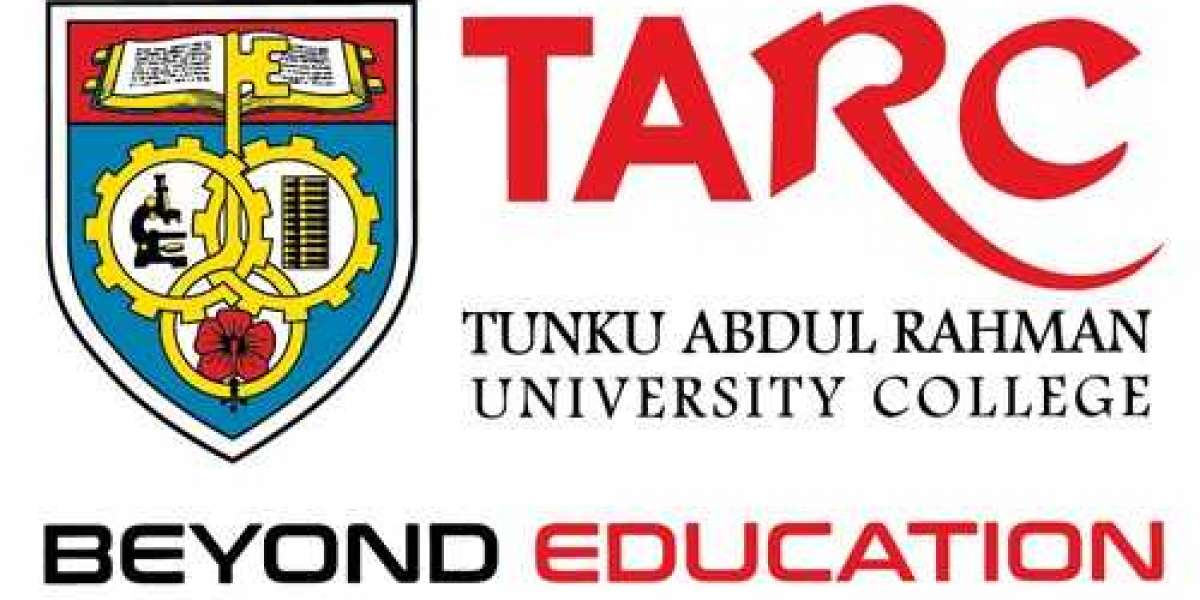Inquiry-based science learning supported by information and communications technology tools has been a desirable innovative approach to instructional practices with effective teacher orchestration in school education. Teacher orchestration refers to how a teacher manages real-time, multi-layered activities in a context with multi-constraints for effective instructional practices, particularly with technology support. The issue of “How to help teachers to orchestrate students’ science inquiry within and beyond the classroom” remains a blank spot in the literature. The focus of this mobile learning app namely, m-Orchestrate (“m” stands for mobile) provides a practical solution to this question.
Developed by Dr Song Yanjie and her research team at the Department of Mathematics and Information Technology of The Education University of Hong Kong, the m-Orchestrate app, running on mobile devices, fully considers features to support both students and teachers to conduct collaborative science inquiry in a mobile learning environment. It aims at increasing teacher’s capacity in orchestrating students’ collaborative science inquiry across formal and informal learning settings. The app integrates mobile technology into science curriculum, assessment, collaboration and a novel inquiry-based pedagogy to develop students’ conceptual understanding, collaborative inquiry and problem-solving skills.
Five collaborative inquiry phases, namely, WeEngage, WeCollect, WeAnalyse, WeExplain and WeReflect are embedded in the app. In WeEngage, the teacher provides related learning resources while students work in groups to raise their inquiry questions; in WeCollect, group members plan and allocate the tasks to solve the questions, then consolidate related data; in WeExplain, group members make a presentation of their whole inquiry process; and in WeReflect, students reflect on what they know and what they want to know about the inquiry topic and what they have learned in the collaborative inquiry process. The five inquiry phases are not linear. Students can work back and forth among these phases whenever they want. In each inquiry phase, the features of collaborative mind map and chat room are provided.
The m-Orchestrate app makes learning fun and interactive, which, in return, motivates students to learn, and develop their collaborative inquiry learning and problem solving skills. In addition, the learning dashboard in the app helps teachers to visualise students’ learning progress and identify their learning difficulties to make timely pedagogical decisions.
The m-Orchestrate app was awarded the Silver Medal and Special Award in the International Invention Innovation Competition in Canada in 2020.








